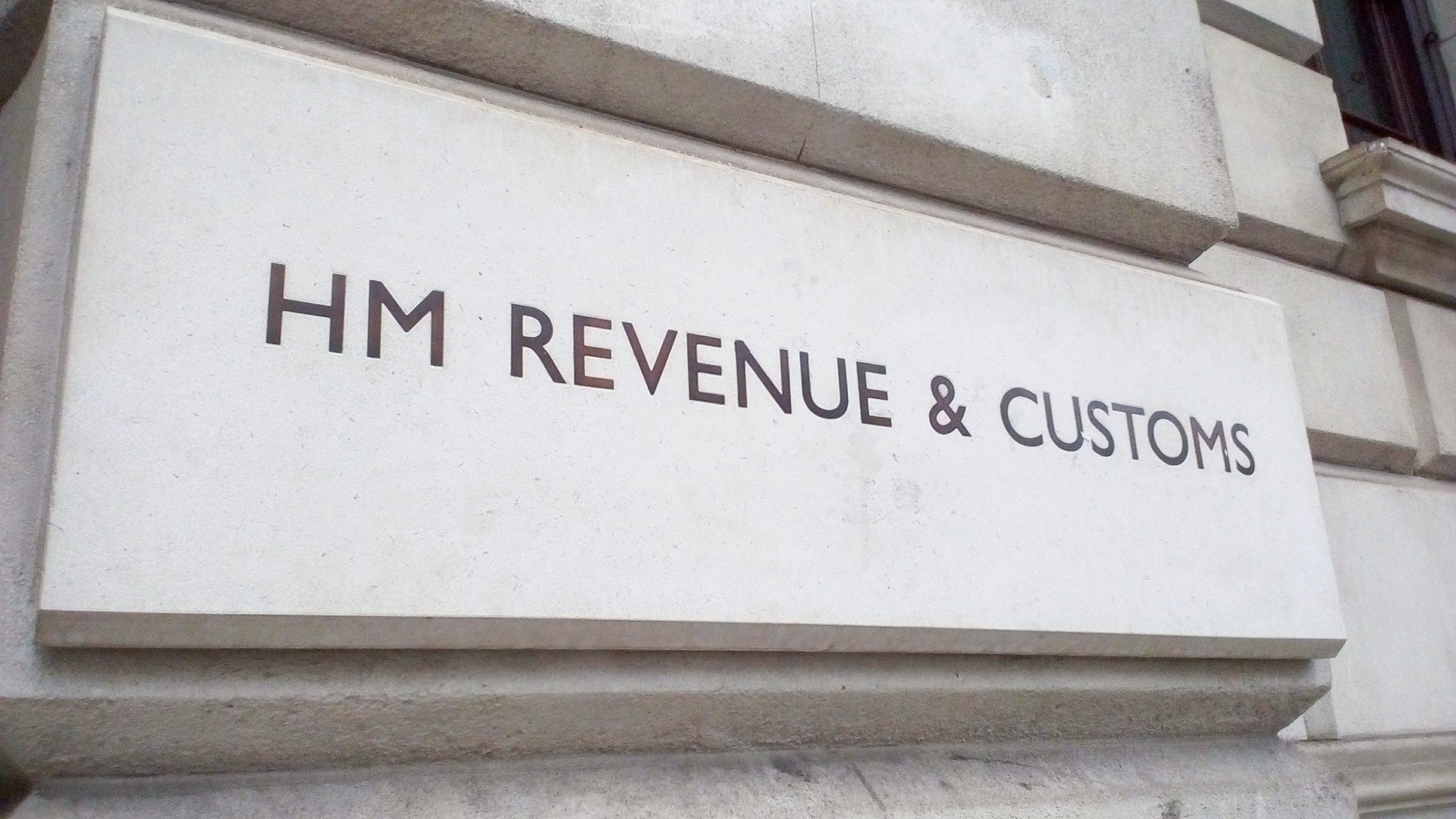Today the House of Lords Economic Affairs Finance Bill Sub-Committee published its report on the Government’s draft Finance Bill 2022-23. The Bill was published on 20 July 2022 and the report covers its Research and Development (R&D) tax relief reforms.
The Sub-Committee heard evidence that in recent years there has been an escalation in the abuse of R&D tax relief which has led to a loss of revenue. The relief was subject to large-scale organised criminal attacks and the activities of rogue advisers which involve targeting small companies, often persuading them to make invalid claims. In its most recent accounts His Majesty’s Revenue and Customs (HMRC) estimated the amount of error and fraud in its two R&D schemes at £469 million.
The Bill proposes legislative changes to combat this abuse, including the requirement to provide HMRC with more detailed information about the nature of a claim, naming any tax adviser involved in preparing claims and requiring that claims should be endorsed by a senior officer of the company. It also introduces a requirement to give pre-notification of an intention to make a claim.
The Sub-Committee concluded that these changes would not be effective in isolation and that improvements to HMRC’s compliance capability are also required. This includes a more focused and targeted approach to identifying suspect claims, greater expertise and potentially more resource.
The Sub-Committee:
- Found that error could be mitigated before claims are made if HMRC improved the support it provides to business. This includes improving both its guidance and communications to increase understanding of the scheme and expanding its existing Advance Assurance process for claims by small and medium enterprises (SMEs). HMRC should also make it clear to taxpayers that, when relief is given under the “process now, check later” approach, it could mean that relief may have to be given back if after checks the relief turns out not to be due.
- Welcomes the extension of the range of qualifying expenditure for which R&D relief is available to include cloud computing and data licensing costs. It also welcomed the Government’s proposal to include pure mathematics within the scope of the definition for R&D. These changes will contribute to ensuring that the UK remains a competitive location for R&D.
- Noted the Government’s proposal to refocus relief activity to expenditure in the UK rather than offshore. It should consider introducing a form of transitional relief for expenditure on specialised resources which are not currently available in the UK, especially for R&D being carried out under contracts already entered into.
Lord Leigh of Hurley, Chair of the Economic Affairs Finance Bill Sub-Committee, said:
“R&D investment, which tax relief supports, makes an important contribution to the UK’s economy and productivity. But fraud and error are costing the taxpayer over £450million each year.
“HMRC’s plans for tackling this problem will not succeed if it doesn’t also improve its compliance capability.
“The Government should use its review of R&D tax relief as an opportunity to look beyond the initial measures within the draft Bill and hold an open-ended consultation on how the scheme can be improved. This will be integral to future proofing the UK’s competitiveness as a hub of R&D activity.”
















